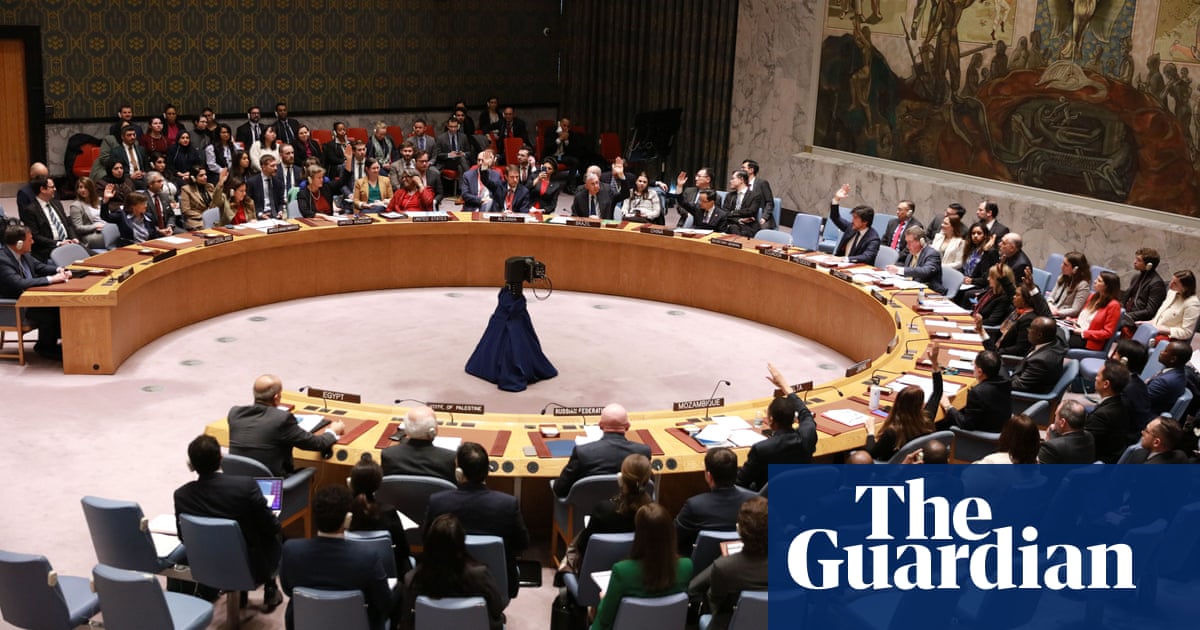
Climate justice is the theme of this year’s Guardian and Observer charity appeal and with a week to go we have so far raised more than £725,000 for four environment charities: Practical Action, Global Greengrants Fund UK, Royal Botanic Gardens Kew, and Environmental Justice Foundation. Nearly 7,000 readers have already donated. Here, they tell us why.
Pam MacLeod, 79, Truro
Pam MacLeod was motivated to donate to this year’s appeal because she and her family have been directly affected by the climate crisis. She grew up in southern Africa and while at school in Zimbabwe in the 1950s she witnessed the consequences of drought. The memory of that time has remained with her.
She says: “My older brother still lives in southern Africa and he sees effects of a lack of rain which is increasingly a problem. My other brother lives in California. Last year, he and his wife were told to leave home because the wildfires had got so close.”
Her son lives in British Columbia, in Canada where he works as a nurse practitioner. The clinic where he’s based is in an area that has been badly affected by flooding. “He’s been very aware of the effects of flooding on the lives of his patients,” adds MacLeod. “The necessity for doing something about climate change is absolutely pre-eminent in our thinking. It was an obvious choice [to donate to this year’s appeal] for me.”
Jennifer Labwo, 29, east London
“Climate change underpins everything,” says Labwo. “It is the single most important issue that we face. She says that without tackling the climate crisis, it is impossible to get justice for other social problems. “It’s all interconnected,” she adds.
Without seeking redress to climate justice, we can’t spur self-determination for women in the global south because they’re concerned about accessing resources like clean water.
“We can’t begin to talk about a post-racialised society when we [in the west] are actively propping up our lifestyles on the backs of people in the global south.”We can’t talk about creating an equitable society for disabled people because we’re not taking their needs into consideration.”
Margaret Turner, 82, Exeter
In November, Margaret Turner, who belongs to Exeter’s Extinction Rebellion, went to Glasgow to attend the second week of Cop26. There, she heard speakers from Nigeria and Brazil, among others.
She says: “I was impressed by their awareness, commitment and knowledge regarding their own part of the Earth.
“I believe that we in the rich nations should support those who know better than we do how to take care of their own land and environment – this charitable appeal works by giving more agency to these people to care for the Earth.”
Clive Quick, Huntingdon
For Clive Quick, the appeal was a chance to donate to Practical Action – a charity whose work he has been supporting and following for decades. Quick, a retired surgeon, has taught in Africa and Sri Lanka, and has witnessed how some people are desperately trying to make a living.
“[Practical Action] starts at the bottom rather than at the top,” he says. “It helps people to help themselves.”
“Having seen the effects of climate change I can see that what they’re trying to achieve is beneficial in that respect. They help people cope with what they’ve got, rather than what they might have,” he says.
Quick has seen some of the work Practical Action has done in Nepal and Peru, among other countries, and credits it with enabling people to achieve amazing results.
Dede Liss, 67, Forest of Dean, Gloucestershire
“I feel strongly that the west and northern countries owe a debt to people in the global south because we’re responsible for the climate change that is happening,” says Liss.
She feels that although the UK government should take more responsibility and action, individuals can also play a role. “I do feel people have an individual responsibility. We are not able to change things dramatically but we are a key part of it. That’s why I felt I could give money.”
“I feel really really privileged and have everything I could possibly need … I’m trying to make my contribution. Social justice and ending poverty aren’t possible unless we do something about the climate emergency and biodiversity loss together.”
Alayne Perrott, 71, Carmarthenshire, Wales
Alayne Perrott is a climate scientist who has retired from Swansea University. Her career has taken her to places such as Ethiopia, Mexico and Nigeria, where she discovered “there was a pernicious cycle of human and climate interaction” over hundreds of years and that it was continuing in the modern world.
She chose to give to the appeal because she liked how the chosen organisations were supporting positive work.
“Charities like Practical Action, in particular, have discovered a deep well of local innovation,” she says. “Once people become aware and sensitive to what their problems are, they innovate on a domestic scale and it’s amazing how those innovations can spread. People can do a lot for themselves.”












